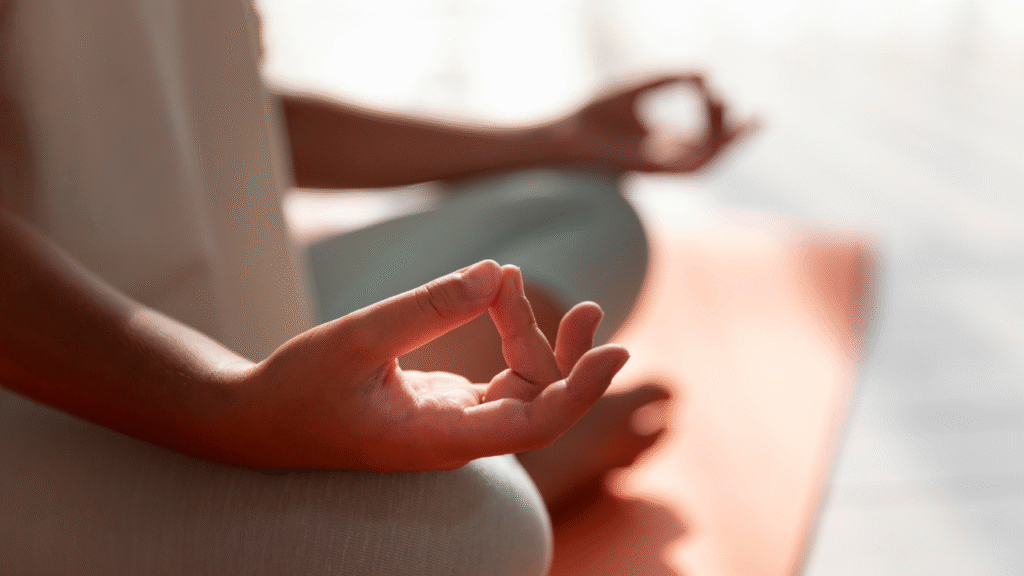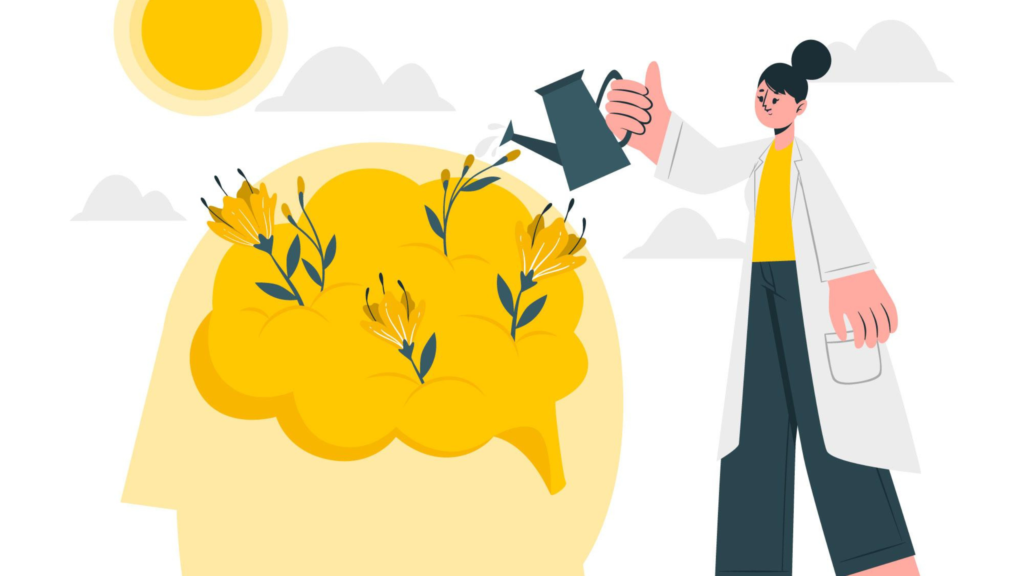Start here:

What is meditation and why do we all need to practice it regularly?
But it can be summed up as an effective, quick and very simple strategy that allows you to periodically “switch off”, “rest and reorganize” your mind and body. And why is this important? Simple: just as a bridge can collapse if soldiers march on it (read and understand: https://www2.ufjf.br/fisicaecidadania/2012/08/01/por-que-soldados-nao-marcham-sobre-pontes/), your recurring stressful thoughts can ruin your mind and bring on or aggravate a wide range of psychiatric disorders. From this perspective, meditation helps to avoid the negative resonance of the accumulation and overlapping of stressful thoughts that could damage your brain function.
HOW TO MEDITATE?
You don't need “rigid” positions (although some are more comfortable and make the process easier), “mantras”, music or specific rituals!
These two videos explain very objectively and easily how you can get started. If you want to know if it works and what the benefits will be for you, try this technique at least once and see what immediate benefits you get: I doubt you'll be disappointed!
VIDEO 1: It explains how to meditate in one minute (or less), anywhere.
VIDEO 2: Guided meditation (by Dr. Cláudio Naranjo)
I share with you this video, which is a real treasure for our lives - guided meditation:
It was sent to me by my brilliant colleague Dr. Marconi, by e-mail, with this text (which is a translation of what Dr. Claudio says in the video, in Spanish - I suggest you read it before starting the procedure):
“I invite you to close your eyes to begin.
When you close your eyes, you close your mouth too. And I invite you to imagine that when you do nothing, there is like a wisdom in the body or in the depth of the mind, which is like a healing force. If you remove yourself from the environment, something happens like when you have a restful sleep: everything finds its place, everything harmonizes.
And awareness of breathing helps a lot. It refines our awareness of time, the moment becomes more instantaneous, it's easier to be in the moment. And breathing also takes us not only to the center of the body, but it's like an invitation to go to the center of ourselves. A call to the mind: as the mind is distracted by the world, breathing makes it easier to let it return home, to its own center. The Italians have a very happy expression: “il dolce far niente”... The sweetness of doing nothing. There, at rest, a pleasure. If you imagine when you go to the beach to sunbathe, it's easy to connect with this experience of rest, which is not a discipline, but letting yourself be at peace.
I invite you to do nothing, but to be aware of the pleasure of breathing. This subtle pleasure, which is part of the breath, to feel that life enters us. And let this pleasure of breathing - which is sometimes called the “beauty” of breathing in the Theravada tradition - like the nobility of breathing - inspire us to smile.
If we have a foothold in this state of pleasant rest, nourished by this pleasure of breathing, we can also pay attention to what we don't like at the moment, the unsatisfactoriness of our experience.
I'm sure there's something uncomfortable in our experience of the body. And I invite you to become aware of it, to look this discomfort in the face, without losing your smile. Because even though “duka” (suffering) is inevitable, no one is telling us to throw ourselves on the ground, or to become victims, or to get angry. Let's try to smile at the discomfort of the moment, the discomfort of our current life, the suffering of being far from the realization of our aspirations. Let's take our suffering, our discomfort, our dissatisfaction and treat them like a mother who welcomes a child, who welcomes her crying child. Let's pass on our serenity, our hope, our affection to our childish ego, allowing our “karma”, our past problems, to be digested by our positive attitude.
And finally, returning to the place where we are, let's make a gesture of donating what we may have gained in these minutes, not accumulating it as an extra point on our spiritual CV, but putting it at the service of life.”
Is meditation scientifically proven?
Many people still mistakenly think that meditation is something esoteric and even devoid of scientific proof. For these, I suggest searching http://scholar.google.com.br/ and “have fun” with the more than 773,000 results that appear (January/2015 search), showing the effectiveness of meditation in treating not only psychiatric disorders (such as anxiety, depression, among others), but also “physical” ones (such as hypertension, hormonal disorders, among others).
Have a good week and success!




















